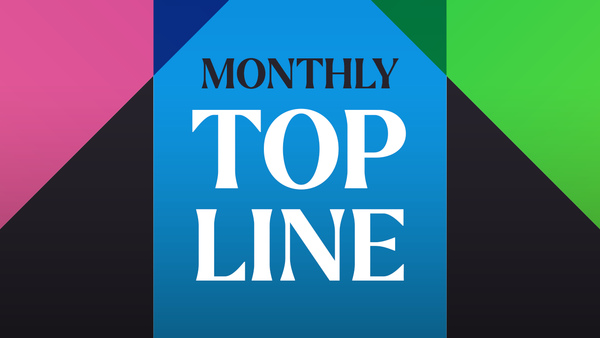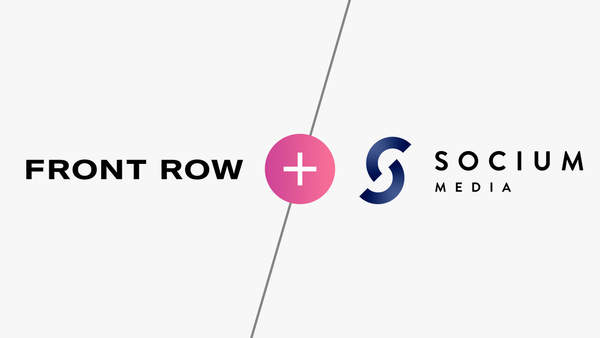Meta has announced it will be reducing its targeted ads options from today, 15th January 2024. Targeting options that refer to health, race or ethnicity, political affiliation, religion or sexual orientation will be removed or consolidated, as the social giant places a greater emphasis on sensitivity.
What does this mean?
Advertisers have until March 18th to keep running ads with these targeting options. Past this date, they will have to revise their strategies or their campaigns could be paused. Users with impacted campaigns will receive a warning banner on the Meta Ads Manager campaigns page in the lead-up to the update.
As an alternative to these targets, Meta advises advertisers to explore alternative targeting products, such as broad targeting based on gender, age, and location. Custom audiences, utilising sources like customer lists, website or app traffic, and engagement on Facebook and Instagram, remain viable options. Lookalike Audiences, which optimise audience reach, and Meta Advantage custom audience and detailed targeting are also suggested alternatives.
Meta cites that ‘sensitivity’ is the motivation for this move, along with some targeting options being ‘redundant’, not widely used, or ‘too granular’.
Why do we care?
This is an interesting move from Meta. Last year was chequered with lawsuits, fines, and temporary bans for Zuckerberg’s social empire. As online privacy became a greater focus of browsers and regional watchdogs, Meta arguably came out worse than any other social media platform, breaking records when issued with a €1.2 billion GDPR fine.
In the face of such fines and bans, Meta appeared indignant and battled lawsuits, which it subsequently lost.
Despite its former tenacity, we can assume that Meta is now willing to yield to wider regulations with a move like this update. Simplifying its targeting options and placing a greater value on user privacy should help to protect its platforms from further complications down the line. Does this mean we will see even more overhaul in the months to come? We will have to wait and see.









